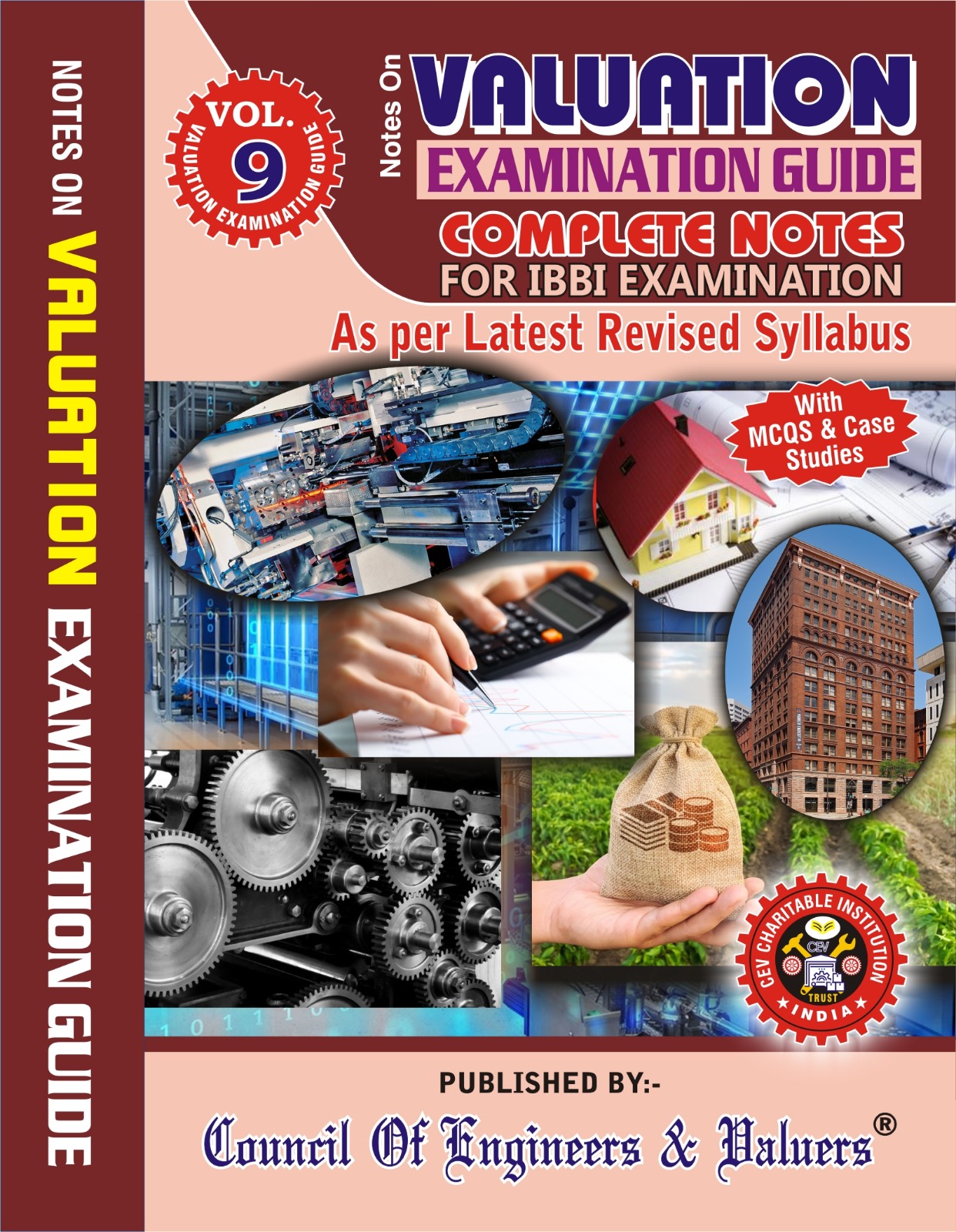A JUDICIAL WAKE-UP CALL FOR VALUERS: DILIGENCE IS NON-NEGOTIABLE
FOR INDIA’S VALUATION COMMUNITY, THIS IS A WAKE-UP CALL—AND AN OPPORTUNITY.

Er. P. V. Rajesh (Bureau Chief)
By the Council of Engineers and Valuers (CEV)
Introduction: A Verdict That Reshapes Professional Boundaries
The valuation fraternity in India has received a sharp reminder from the judiciary on the uncompromising standards demanded in professional practice. The recent decision of the Andhra Pradesh High Court in R.K.L. Prasad vs State Bank of India (2024) has emerged as a landmark order—one that reiterates the seriousness of due diligence, the sanctity of public trust, and the limits of judicial intervention in empanelment matters.
This case, though involving a single valuer, reflects a far wider message: valuation is a responsibility, not a privilege; diligence is a duty, not a choice.
The Case at a Glance: A Cautionary Verdict
The petitioner, a chartered engineer and registered valuer, approached the Court challenging two major actions taken by the State Bank of India:
-
His de-panelment, and
-
His addition to the Indian Banks’ Association (IBA) caution list,
following concerns raised about his valuation work.
After the prescribed two-year cooling period, he sought re-empanelment, alleging arbitrariness and violation of natural justice. However, the High Court found no procedural impropriety and held that the bank had acted within its legitimate authority.
The Court dismissed the petition, firmly stating that empanelment with a bank is not a right but a selective, discretionary process, and such discretion cannot be routinely questioned before courts unless procedural injustice is proven.
This ruling is more than a dismissal—it is a reaffirmation of the standards that govern the valuation profession.
Trust, Not Entitlement: The Court’s Key Reasoning
One of the strongest observations made by the Court was that banks are custodians of public money and must therefore operate with heightened caution and strict professional scrutiny.
Several key principles emerge:
1. Empanelment is Selective, Not Automatic
The judgment underscores that banks have the authority to choose valuers based on credibility, reliability, and past conduct. Courts will not interfere unless there is clear evidence of bias or procedural violation.
2. Professional Negligence Has Consequences
A valuer’s report forms the bedrock of lending, mortgage, restructuring, and recovery decisions. Any lapse—even if unintentional—can expose financial institutions to major risks. The Court reinforced that valuers cannot seek judicial protection from the consequences of their own professional failures.
3. Public Money Demands Public Trust
Banks act on behalf of society. When valuation errors threaten financial stability, institutions are obligated to respond decisively.
Thus, the judgment aligns with the broader principle:
“Professional accountability precedes professional entitlement.”
A Warning to the Profession: Negligence Has No Legal Shield
The judgment delivers a clear, direct message to valuers across India:
“Judicial review ensures fairness, not forgiveness for negligence.”
In several cases across banking and insolvency ecosystems, courts have expressed concern about:
-
inflated valuations,
-
incomplete site inspections,
-
improper verification of titles and boundaries,
-
inconsistencies in methodology,
-
mechanical repetition of assumptions, and
-
casual documentation practices.
The present ruling reinforces this trajectory:
Valuers must treat every assignment with seriousness equal to that of a forensic exercise.
Even a single omission in verifying physical, legal, or financial aspects can amount to professional misconduct.
Reform Through Responsibility: A Blueprint for the Profession
Instead of viewing the judgment as punitive, the valuation profession must treat it as corrective guidance. It calls for introspection and systemic strengthening in four key areas:
*1. Enhanced Due Diligence Protocols
Site inspection, title verification, encumbrance checks, neighbourhood analysis, and structural assessment must be treated as mandatory, not optional.
*2. Transparent Documentation
Every observation must be supported by records—photographs, measurements, calculation sheets, comparable data, and legal documents.
A defensible valuation is one that can withstand audit, inquiry, and cross-examination.
*3. Continuous Professional Development
In a dynamic environment of changing regulations, valuation standards, and market behaviour, professionals must continuously upgrade skills through CPE programs, expert workshops, and structured learning.
*4. Internal Ethics Framework
Firms and individual valuers must establish internal review mechanisms that prevent errors before reports reach banks or clients.
The Court has drawn a clear line:
Carelessness is not a professional hazard; it is a professional failure.
Why This Judgment Matters for Today’s Valuers
India’s financial ecosystem is increasingly scrutinised through:
-
forensic audits,
-
risk-based supervision by RBI,
-
investigations under banking regulations,
-
insolvency-related examinations, and
-
stricter empanelment norms.
In this environment, the credibility of valuers directly affects the national credit system.
The High Court’s decision reinforces that:
-
Integrity is a measurable performance parameter.
-
Accuracy is a professional obligation.
-
Accountability is non-negotiable.
The Final Word: Ethics as the Foundation of Valuation
The R.K.L. Prasad judgment is not merely a legal decision.
It is a professional statement—one that reminds valuers that:
-
Trust, once lost, cannot be reclaimed through litigation.
-
Diligence is the only real protection.
-
Integrity is the only long-term credential.
-
Accountability is the only sustainable path forward.
To rebuild public faith, strengthen professional discipline, and elevate the standards of a field that directly supports the financial backbone of the country.

READ FULL JUDGEMENT




